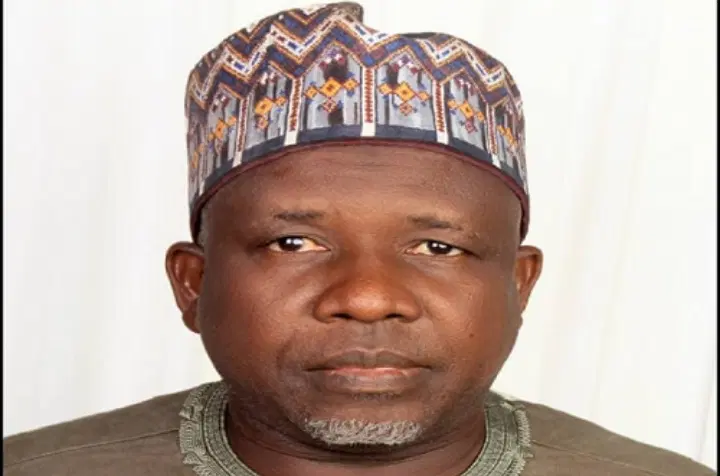
The director-general, Nigeria Institute of Leather and Science Technology (NILEST), Prof. Mohammed Yakubu has hailed the sector for its immense contribution to Nigeria’s economy, generating wealth, employment, security etc.
Yakubu made this known during the ‘NILEST Day’ at the just concluded 2023 Science, Technology and Innovation (STI) Exposition which came to an end at the weekend in Abuja.
“The leather industry has proven, in recent times, to be a prolific sector, contributing immensely to high employment, wealth generation, security, GDP and development. The leather industry is a $390 billion worth market, globally acknowledged as a driving tool for industrialization, especially in the developing world,” he said.
The NILEST boss urged Nigeria to accord high priority to leather and leather products if she must take her rightful place in the comity of nations.
“Nigeria’s vision of becoming one of the largest economies in the world in the nearest future can be hastened when leather and leather products through the required technology and innovation are fully integrated into our national socio-economic development process. This will help Nigeria bridge existing gaps. It will also help fast-track the processes that will enable her to become self-reliant in indigenous technology capacity, thereby stimulating a greater sense of national pride based on enduring self-reliance.
“I wish to inform you that, in line with the mandate of the Nigerian Institute of Leather and Science Technology (NILEST) and, in a bid to implement the Leather and Leather Products Policy Implementation Plan, the institute has continued to provide courses of instructions (HND, OND, diploma, pre-diploma, advanced certificate and certificate programmes) and non-formal training, on leather and leather products technologies and related fields.
“Consequently, thousands of young men and women have been empowered across the six geo-political zones in footwear and leather goods [production] since its establishment. About 365 youths have been trained in the past year, in short-term footwear production programmes with more than 300 given starter packs to establish their businesses. So far, 48 just graduated three weeks ago. I am pleased to inform you that some of our graduates are here today to grace the occasion and to exhibit their products.”
He further revealed that the institute has nine centres in strategic locations across the six geo-political zones of the nation “and they have all contributed to the infrastructural and national development of the country”.
He said: “These centres are in Sokoto, Kano, Maiduguri (Borno), Jos, Lantang (Plateau), Afuze (Edo), Iwaro Oka (Ondo), Okwudor (Imo) and the FCT. Development of these centres spanned from 1974 to 2017.
“In 2021, when I took over, the institute initiated the development of other centres graciously approved by the ministry and the National Assembly with budgetary provisions. These new centres are in Tambawal (Sokoto), Kwai (Kaduna), Ohaoara (Ebonyi), Funakaye (Gombe), Koko (Kebbi), Orogun (Delta), Naki Gori (Plateau), Ngor-Okpala (Imo) and Daura (Katsina).
“In addition to these, some communities have requested the presence of NILEST in their localities – Offa (Kwara), Numan (Adamawa), Abi (Cross River), Doma (Nasarawa), Okwungaga, Otukpo (Benue), Odu Eku (Kwara), Idah (Kogi) and Amagu Ishiagu (Ebonyi).
“When fully developed, these extension centres will have workshops, laboratories and exhibition showrooms to train and develop entrepreneurial skills among the youth, women and unemployed graduates in Nigeria. Most of them will serve as centres for our proposed distance learning training. Most will also have mini tanneries to process hides and skins from local slaughterhouses and abattoirs.
“[We shall introduce a business model through] which the centres will self-fund their activities with minimum assistance from the headquarters,” he added.


